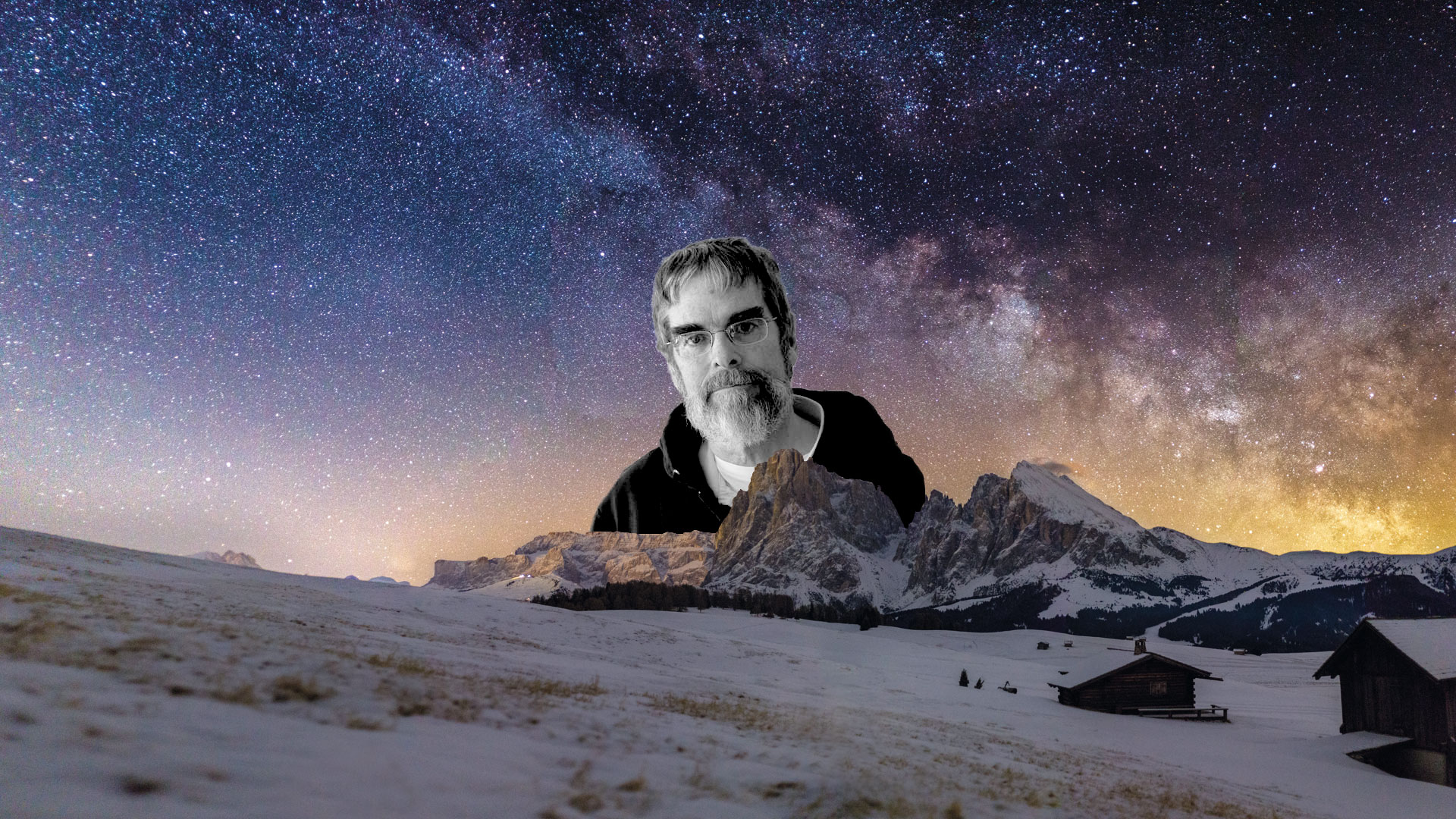What was the Star of Bethlehem? It’s… kind of a fun puzzle, I have to admit… however reluctantly…
There is way too little detail in the brief passage from St Matthew’s Gospel that describes the Star to say anything definitive about it. It might have been a miraculous event. It might have been any number of different astronomical events: a comet, a nova, a conjunction of planets. It might have been a pious story that St Matthew inserted into his Gospel to compare the birth of Jesus to the births of Roman emperors, who used that kind of astrology to demonstrate their legitimacy.
What’s more, the idea that “science” or “religion” can come up with some definitive answer is nonsense. If it could do that, we wouldn’t be asked this same infuriating question every year!
As children we were taught what a child could grasp: here are questions, here are answers. We memorised how many planets there were in the solar system, how many apostles there were in the Gospels. But that’s not an adult’s understanding of science or religion.
And even those childish questions are not absolute. Who decides what counts as a planet? (Is Pluto in or out?) The gospels may list 12 apostles, but different gospels give different names. In these inconsistencies we see, not that science or religion can’t be trusted, but that this simple multiple-choice-test view of truth completely misses the point.
The number of planets doesn’t matter. What matters is understanding what’s out there in space. You choose for yourself whatever definition best helps you address the questions you want to ask, questions with no simple yes/no answers. That’s what we do at the Vatican Observatory, the same as at any other astronomical observatory. We don’t want answers; we want understanding. There’s a difference.
The names of the apostles don’t matter. What matters is that Jesus (whose birth the Star is celebrating, after all) deliberately chose to include us frail and foolish humans in His great mission. Likewise, the whole point of the Star of Bethlehem is to direct our attention to the Christ Child. If we spend all our attention at the Star, and ignore the child, we’ve missed the whole point of the story.
https://twitter.com/VaticanObsFound/status/943118868314288129
And yet, people do still keep asking about the Star. Why? I think mostly, because it’s fun to wonder… just as it is fun to look up at the stars, trace out our favourite constellations, watch the Moon change phases night by night. Indeed, I am really looking forward to watching (just after 1am, London time, the night of December 30-31) when you can see a nearly full Moon actually pass in front of the bright star Aldebaran. Will observing this “occultation” lead to any great astronomical insight? Not really; the orbit of the Moon has been understood for centuries. But it’s still enormous fun to see.
Why do I do astronomy? Ultimately because I enjoy how understanding the universe brings me closer to the Creator. Why do we celebrate Christmas? To celebrate joy in the world.
So have fun wondering what it might have been like if you were there with the Wise Men 2,000 years ago. What would you have seen? Use your child-like imagination. Don’t worry if your ideas don’t match the experts’. Have fun. ’Tis the season for child-like wonder and joy.










